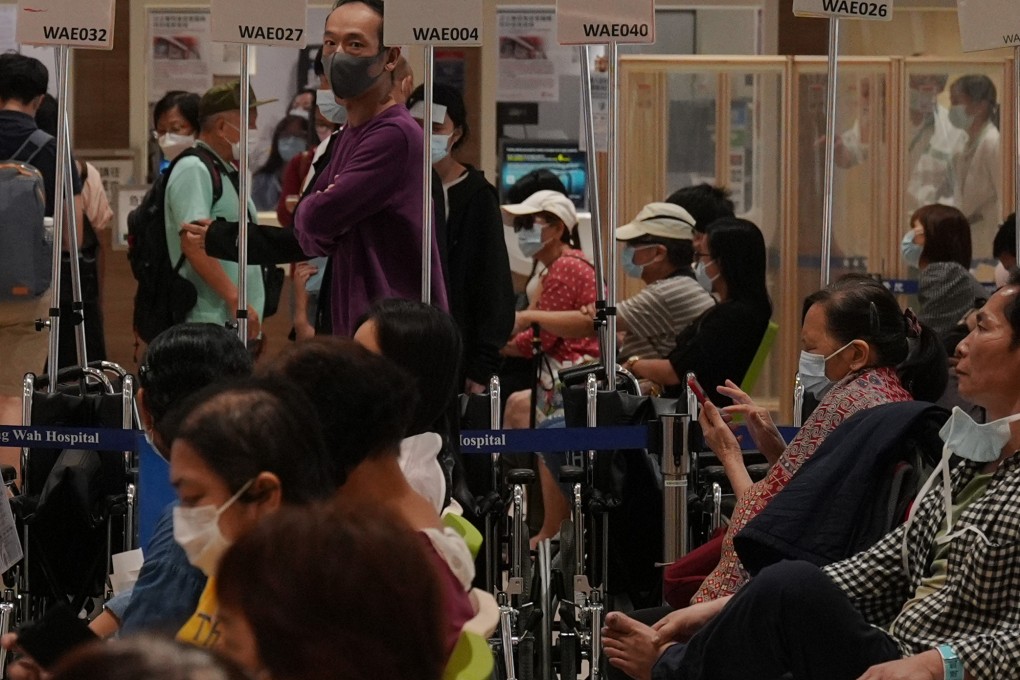Letters | Hong Kong mustn’t rush to establish a third medical school
Readers discuss the risks of starting another medical school, officials’ job performance, the quality of life in the city, and esteem for Jesus Christ

Establishing such an institution demands a lot of money and human capital which could be a real challenge given our already limited resources. This might have an impact on the quality of the medical training and services provided.
Hong Kong already has two renowned medical schools, at the University of Hong Kong and the Chinese University of Hong Kong, and a third seems unneeded, for it could result in an unhealthy competition for faculty, research grants and clinical practicums, thus weakening overall excellence. The key challenge here is to attract quality teachers. Competing with other institutions for the best brains may lead to the new school employing less qualified teachers.
The proposed graduate-entry programme also raises the question of accessibility. A programme that selects individuals with prior undergraduate degrees may discourage young applicants, or those unable to afford more years of study. This could mean a more homogenised student population, skewed towards privileged backgrounds, and in time less diversity of experience in the medical profession.
Another risk to the performance of the new medical school in the Northern Metropolis is integration with other institutions there. Disparity in management systems, learning agendas and organisational missions could lead to conflict and a lack of coordination rather than cooperation.